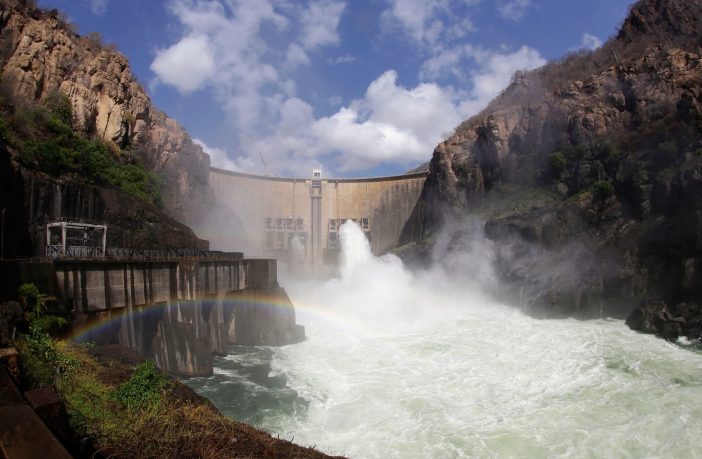- The Cahora Bassa hydroelectric scheme in Mozambique plans to increase its production capacity by 5% with a €500 million investment.
- The news comes as an international consortium headed by the French electricity company, EDF, signed an agreement in Maputo last week Wednesday with Mozambican state bodies to implement the Mphanda Nkuwa hydro-electric project, on the Zambezi river, in the central province of Tete.
- The Mphanda Nkuwa project involves building a dam about 60 kilometres downstream from the existing dam at Cahora Bassa, and a power station that will generate 1500MW of electricity.
- There will also be a high voltage transmission line running for 1,300 kilometres from the Zambezi Valley to Maputo. Read more
“The third phase of the rehabilitation of the Songo substation, Brownfield Phase III, and the second phase of the rehabilitation of the southern hydroelectric power station, Reabsul 2. The realisation of these projects will improve operational performance levels, extend the useful life of the generation and conversion assets to a further 25 years and also increase the plant’s production capacity from the current 2,075 MW to a further 5%,” a report to shareholders said.
The Reabsul 2 project is expected to cost $207 million (€189.4 million) and according to the company is due to go ahead in 2024. Brownfield Phase III will cost $321 million (€293.7 million) and will be implemented in parallel with the Reabsul 2 project.
The hydroelectric company says that the increase in installed capacity, equivalent to an extra 105 MegaWatts (MW), will make it possible to increase the revenues of the Cahora Bassa hydroelectric project in the medium and long term.
Cahora Basa current has installed capacity of 2075 MW.
Author: Bryan Groenendaal















